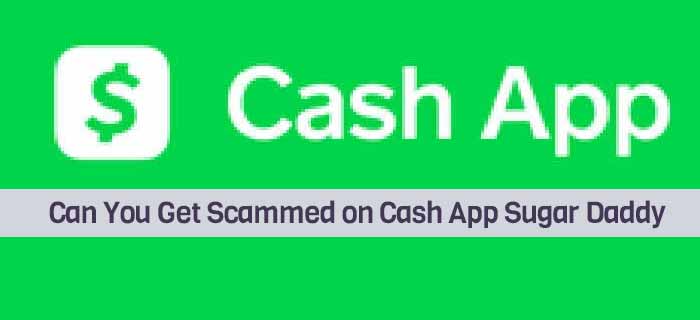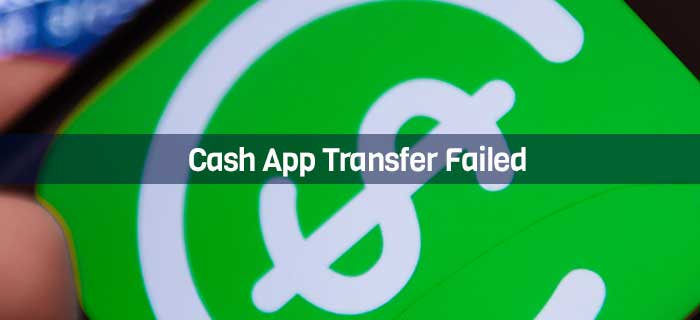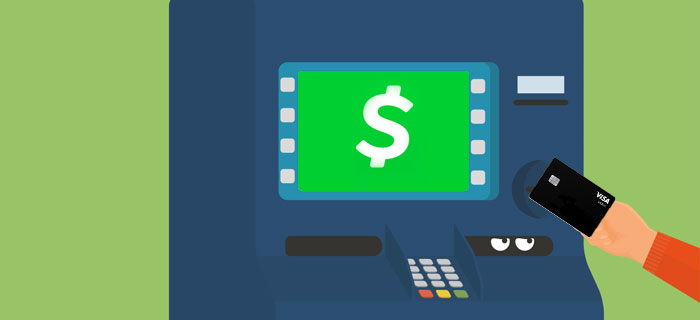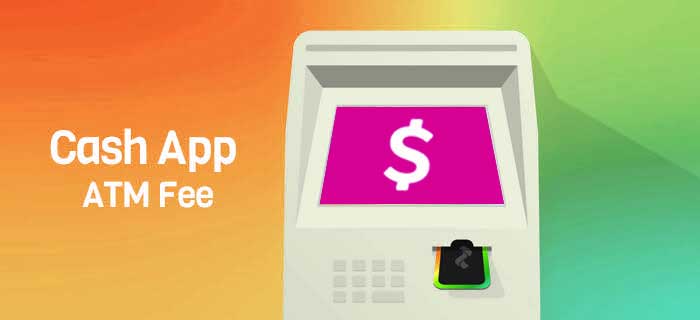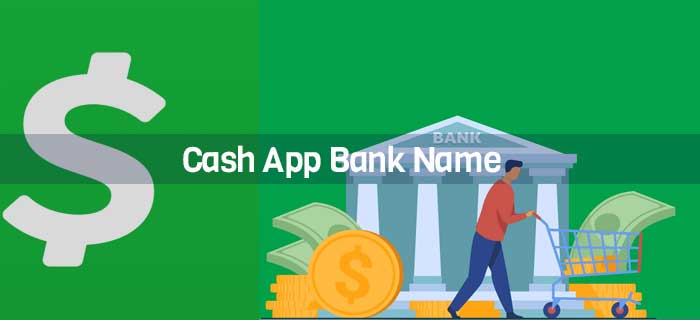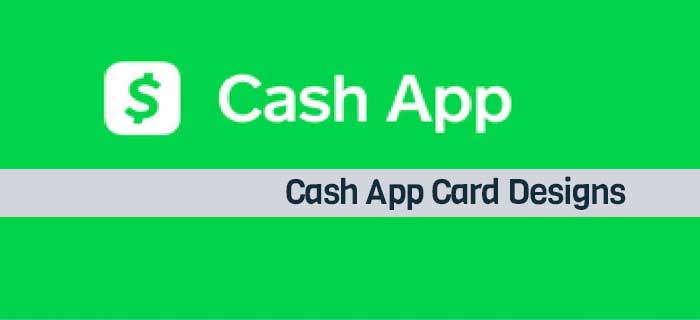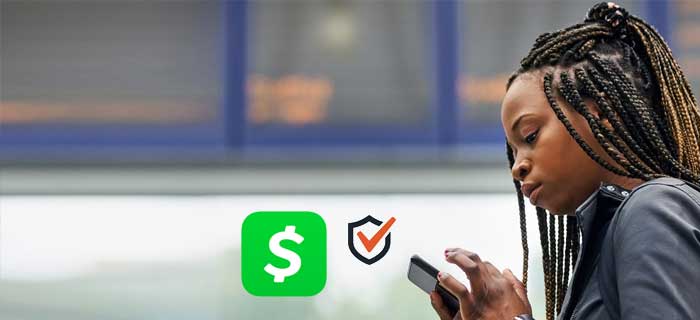Scams can come from any source, such as phone calls, text messages, people calling you to invest in something, or congratulating you on winning some lottery. While many of these are fake, you must be aware of the scams on money transfer platforms. That is why we should talk about whether you can get scammed on the sugar daddy cash app.
- You can get scammed on Cash App sugar daddy through social media sites and fake accounts.
- It is important to exchange information or do money transfer only with account that you personally know.
- You can block a scam account on Cash App by Open account > Customer avatar > Profile > Block/report > Confirm.
…and Much More!
Can You Get Scammed on Cash App Sugar Daddy?
Scammers are way ahead of our thinking and expertise, and they know precisely their catch and what fish to hook. The scammers lure you into their frauds and trickery, making it hard to guess whether it is coming from an official source.
- Cash App Sugar Daddy works in the same way. It grabs the attention of youngsters needing financial assistance and presents themselves as their sugar daddies.
They would build up their stance by asking them to help you with the school fees or allowance or any other such finances with companionship in return.
So yes, getting scammed on the Cash App sugar daddy is legit. The sugar daddy makes you believe they transferred a certain amount to your Cash App or bank account, displaying it in the most realistic ways. So, beware of scammers if you are a Cash App user, and open your mind before diving into any such offers.
Sugar Daddy Cash App Scams – Everything You Need to Know
It all begins through the social media platforms such as Instagram or Facebook. Once they get to you via social media platforms, they will send you private messages that tempt you to reply.
- Once they build their trust with the victims, they fake the transactions with legitimate proof.
This usually contains a screenshot of a payment they made earlier to someone, which is fake and self-created. Just ask yourself how long it takes to create something artificial online before getting into any such mess.
Once they show you the proof of transaction, they ask you to pay them first. Scammers would ask for your personal account information and money. As soon as you slip off the details and boom, they’re gone!
The victim agrees to send their credit card credentials with sensitive information, and scammers fake the transactions via the fake accounts.
On the other hand, scammers can also make their way by making an initial temporary payment. The funds are available in the receiver’s account but disappear shortly. This is usually done in two significant ways: leaving the victim with no money.
Temporary Payment
Scammers use the check to do this, knowing that it will bounce somehow and does not count. This way, the victim will be left with no money in the account. All this is done from the scammers’ end vigilantly, leaving no clue what is happening.
Stolen Credit Card
Additionally, some scammers trick you so that they transfer the funds from the stolen credit card. As soon as the official financial institution recognizes the transaction from the stolen card, they drawback the money immediately, which means you will again be left unpaid.
You might be interested in reading: Can You Make Multiple Accounts on Cash App?
Extra Reading
Red Flags of the Cash App Sugar Daddy
It isn’t easy to navigate the vast interconnected Internet platform to determine what sources are legitimate and what are not. If you feel like you are likely to get trapped in the Cash App sugar daddy scam, here is what you need to consider before deciding:
- If they ask you for the wire transfer or instant cash transfer app, you should immediately step back. Several transfer apps can include Venmo, Cash App, or transfer services such as Western Union.
- Having zero friends on social media should alert you that the account is likely suspicious.
- They build trust, especially with the women, and try to trap them emotionally to make them have confidence in the scammers.
- Sugar daddies usually do not tell you much about themselves and stay private about their interests. Here is when you should be very careful about getting into a trap.
It is important that you keep in mind all such relevant things and suspicious activities from their end. Cybercriminals take no more than a couple of minutes to trick you and put you in the worst possible state, causing severe damage.
How to Avoid Getting Scammed
We understand tracking the legit sugar daddy on the Cash App is difficult. However, it does not mean that you cannot take basic precautions to avoid getting into any such inconvenience.
Here are a few tips and tricks to avoid getting scammed on the Cash App:
- Ensure you only transfer the money to sources you trust, and make no mistake of playing on a chance. It will only lead you to regret.
- You must cross-check the sugar daddy profile mentioned above. Ensure they have some network and act as ghosts other than on the media platforms.
- You must verify your recipient’s details to proceed with any transaction so you make such a fraudulent transfer.
- Only give personal details to strangers once you are entirely sure.
- If the opposite party says they will pay you back or return you in the future, never believe in them.
- Online rewards from strangers should never be cherished as they are only done to grab your attention and gain your trust.
- Any requests that you get for the money or gift cards should be ignored immediately.
How to Report a Scam on the Cash App?
If you observe or experience any payment or account scams on the Cash App, here is how you can report it to customer care on the Cash App:
In case of a scam payment
- Go to the Cash App on your device.
- On the top right corner, click on the profile icon. Next, click on the Support option.
- There, click on Report a Payment Issue.
- Once done, choose the payment and follow further instructions to complete the process.
In case of a scam account
- Go to the Cash App on your device.
- Click on the customer avatar to go to their profile.
- At the bottom of their profile, you will see a Report or Block option.
- Please click on it. Follow further prompts then to complete the complaint process.
How To Confirm Is a Sugar Daddy Is Legit and Safe?
There are a few things you can keep an eye on to figure out if you are dealing with a legit sugar daddy or not.
- Sugar daddy scammers have fake social media profiles that are easy to spot. Fake accounts have fewer followers and very few posts.
- Many scammers only want to DM and engage with you without agreeing to video chats or face-to-face meetups. Red flag!
- The natural sugar daddy will not need your money. At least they won’t be desperate for it. If a sugar daddy keeps asking for payments, they are probably scamming you.
It is essential to report a fake sugar daddy to your network. Share with Instagram, TikTok, Snapchat, or Facebook friends wherever you encounter a scammer. This will save them and stop the scammer from ripping money off someone else.
The Bottom Line
Where Cash App has made it super easy to perform money transfers, it has also attracted a lot of scamming activities and fear of hacking. Therefore, you must be aware of certain frauds on this platform. Moreover, you should know your way of dealing with them.
Cash App sugar daddy scam typically begins through social sites. It may cause users to lose a handsome amount of money. We advise you to steer clear of any account that looks fake and only do transactions with people that you know.
Frequently Asked Questions
Is Sugar Daddy payment proof a scam?
It is likely a scam when the sugar daddy asks you to send them a payment to prove your loyalty. The costs may be expected through a payment app, gift cards, or a website.
Are sugar daddy scams on PayPal common?
Many users have reported sugar daddy scams on PayPal. They often receive a screenshot of a fake pending transaction. They disappear once their request is met or the scammer cancels the pending transaction.
How do you know if an Instagram sugar daddy is real?
Check if the person has enough following. Typically, accounts that lack friends or followers are usually scams. Moreover, beware of the red flags if he fails to provide reliable personal details.

Jamie Johnson is very enthusiastic Kansas City – based freelance writer, and her core expertise are finance and insurance. She has been endorsed on several personal finance, insurance & business website to share her thoughts. Her publications can be found on famous sites like Bankrate, The Balance, Business Insider, Chamber of Commerce and many others.
From many years, she served more than 10,000 hours of research and writing to more than 2000 articles related to personal finance, credit building, mortgages, and personal and student loans.

